In one of the
7-ON email-go-rounds we were discussing texts that we’d each found useful over
a lifetime of writing for stage, and in some cases, screen. We also found out
that some of us – well, one of us, I think – are stage-writing-manual tragics;
and some use a very targeted number of such references, instead turning to
other fave texts as support during the writing process. We thought at least
some of these references might be useful to other writers out there, even if
only to send you back to your own faves with renewed vigour!
So...no names,
no pack drill but here’s a bit of a list, plus a few comments.
We had a range
of opinion on the ubiquitous Robert McKee (the Story Seminars) and Christopher Vogler (The Hero’s Journey) tomes. I suspect (it’s Verity here) both might
be useful reading even if you only do so to move on from; but others of us have
found them beside the point. Some of us teach a fair bit. One of us commented
that for teaching, she has found the first and second editions of a book by
Paul C Castagno: New Playwriting
Strategies: A language based approach to playwriting 2001, and New Playwriting Strategies: language and
media in the 21st Century 2012 to be indispensable. This is because “(Castagno)
assembles a glossary of terms to describe the workings of plays which reject
the 3-act structure / the hero’s journey / Aristotle.” She went on to say,
“Basically, it was the first book I found that could explain my own work to me.
Very liberating.” A quote from Castagno might be apposite here. He writes
– “Problems emerge when traditional
terms are applied to new approaches. Because the old terms do not fit, we
assume something is wrong with the play... With such widespread entrenchment of
(old) terms and constructs it is important to construct a new idiom that will
accurately or persuasively represent a different premise or characters"
(Castagno 2001 53).
Another of us
offered Bird by Bird by Anne
Lammott...which is “not strictly a playwriting book, in fact not at all but a brilliant
book for writing with heart.” This 7-ONer stressed that she also reads a lot of
scripts and learns from those. Which is something we all should be doing all the time, I guess. Quote: “I just finished the deadset brillo John by Annie Baker...”
Two of us can
vouch for The Playwrights Workbook by
Jean-Claude van Itallie as a brilliant circuit breaker on the one hand and
means of getting started on the other. Another offering was The Playwrights’ Workout: Exercises for the
Dramatic Imagination edited by Liz
Engleman and Michael Bigelow Dixon. And all of us have a love of/dependence
upon Roget's Thesaurus, The Poet's Manual
and Rhyming Dictionary and either the Macquarie
or Oxford Dictionary (though –
confession – this one of us has lately been seen going straight to the web for
synonyms and definitions and such!)
Other
inspirational titles mentioned included A Journey Through Other Spaces:
Essays and Manifestos, 1944-1990 by Tadeusz Kantor, edited and translated
by Michael Kobialka. And…another more recent manifesto (2010), not about
performance writing, but rather a collage of quotes, thoughts and
appropriations exploring the bending of form and genre and the lure of the
real. This one’s by David Shields, and the title is Reality Hunger: a
Manifesto.
And…I am the manuals tragic. I will read any and every one I can get my hands on. I’m not sure why. I find them all useful in different ways, even the ones that irritate me. One of the ones I found most pompous overall offered me the most useful series of suggestions regarding dialogue that I have met with in my playwriting life. And I will no doubt borrow/buy all of those mentioned by my colleagues here as and when time/libraries/finance permit... My current fave is John Yorke’s Into the Woods: How Stories Work and Why We Tell Them. How wonderful to meet such a well-educated, thoughtful and energetic mind. (But yes, his approach is a more or less conventional one, for those who avoid such things). Two others that never fail to inspire (me) are Seamus Heaney’s Preoccupations: Selected Prose and Ursula Le Guin’s Dancing at the Edge of the World. I know. They’re not about playwriting. But for a words person – just so great!
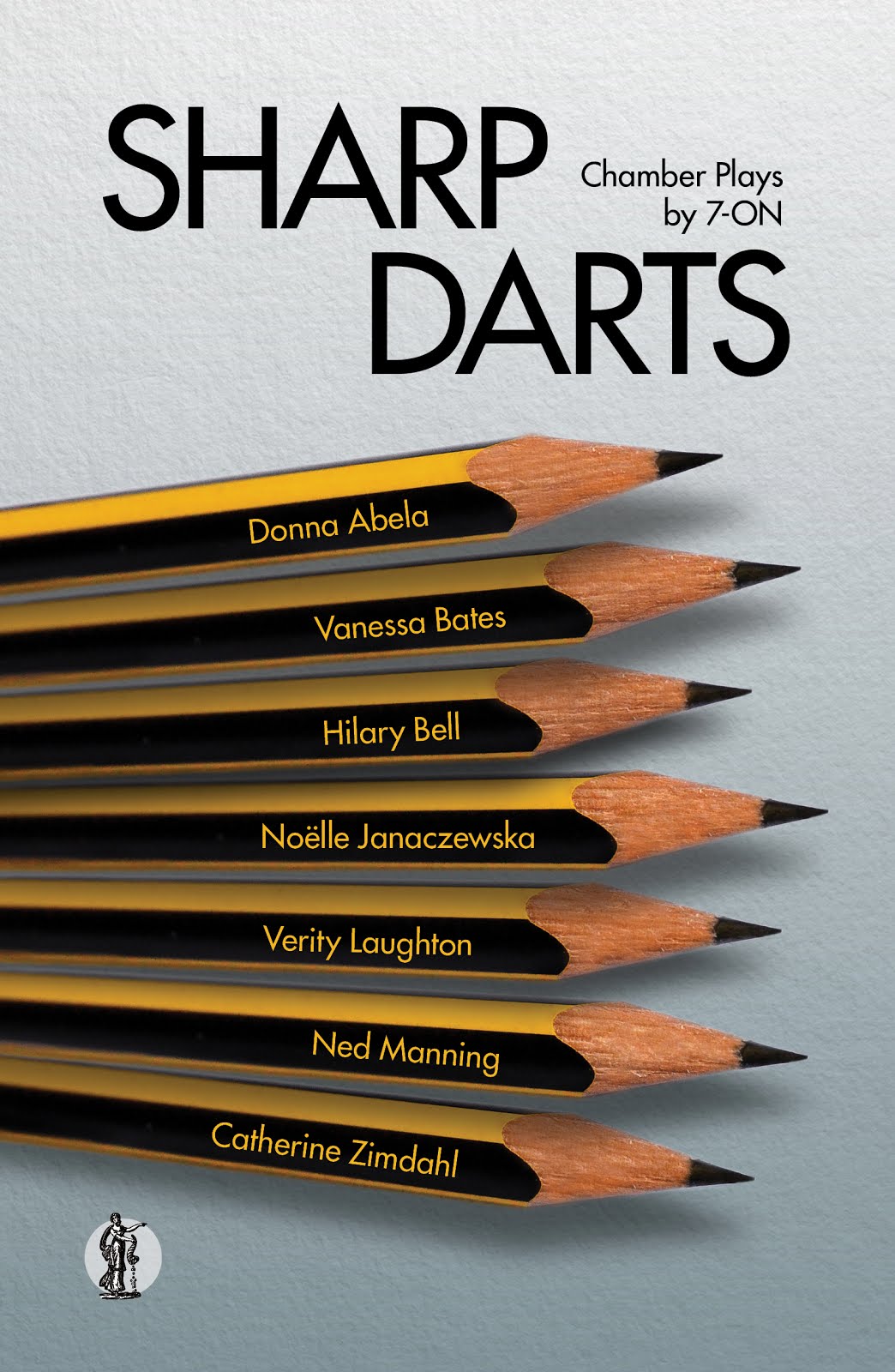

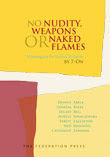
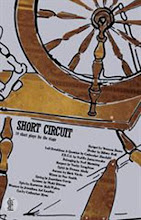

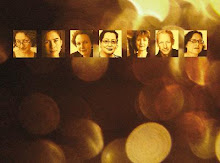
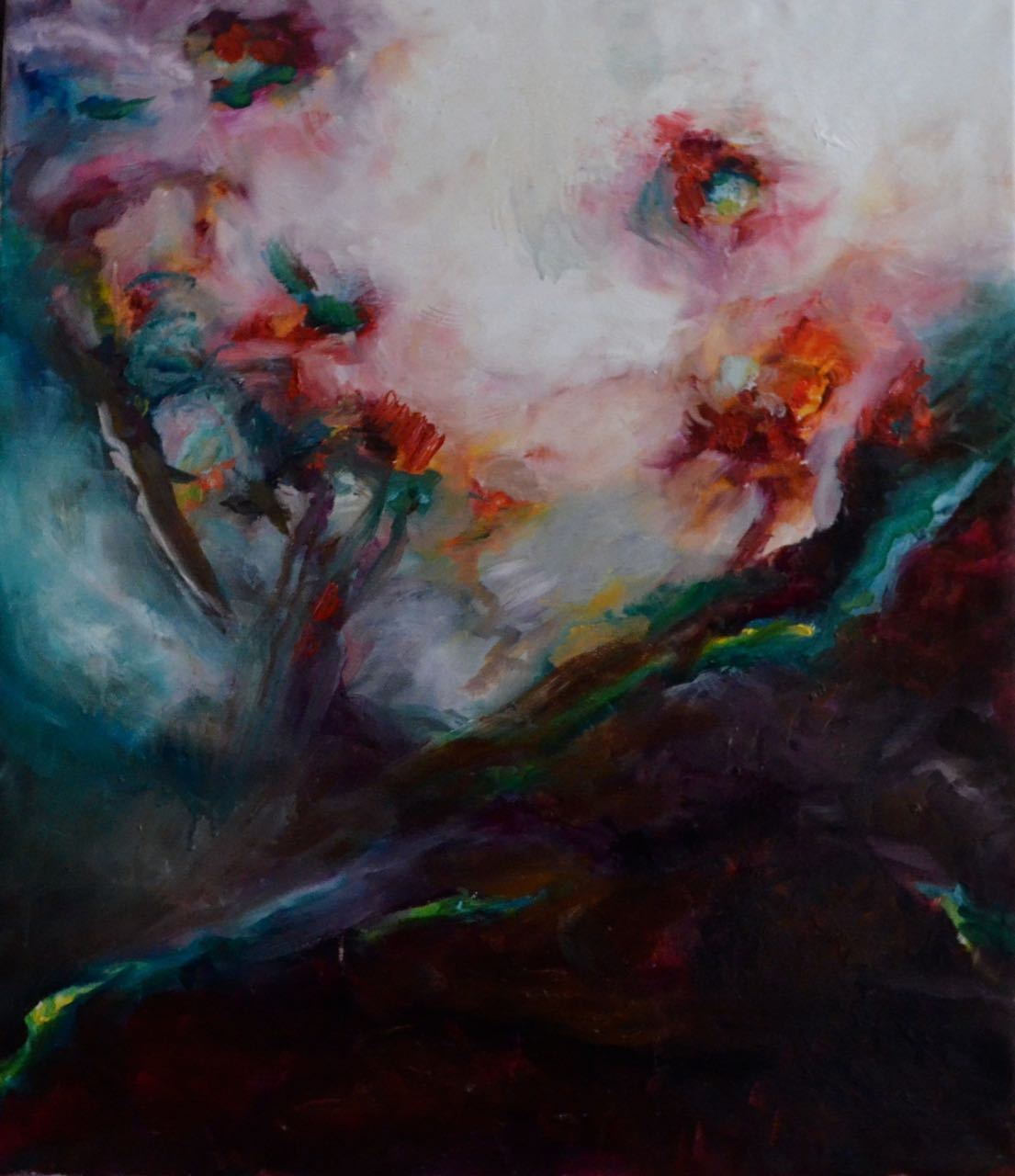
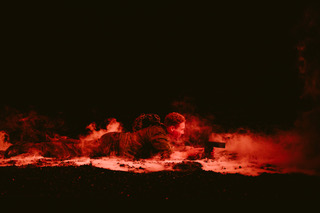

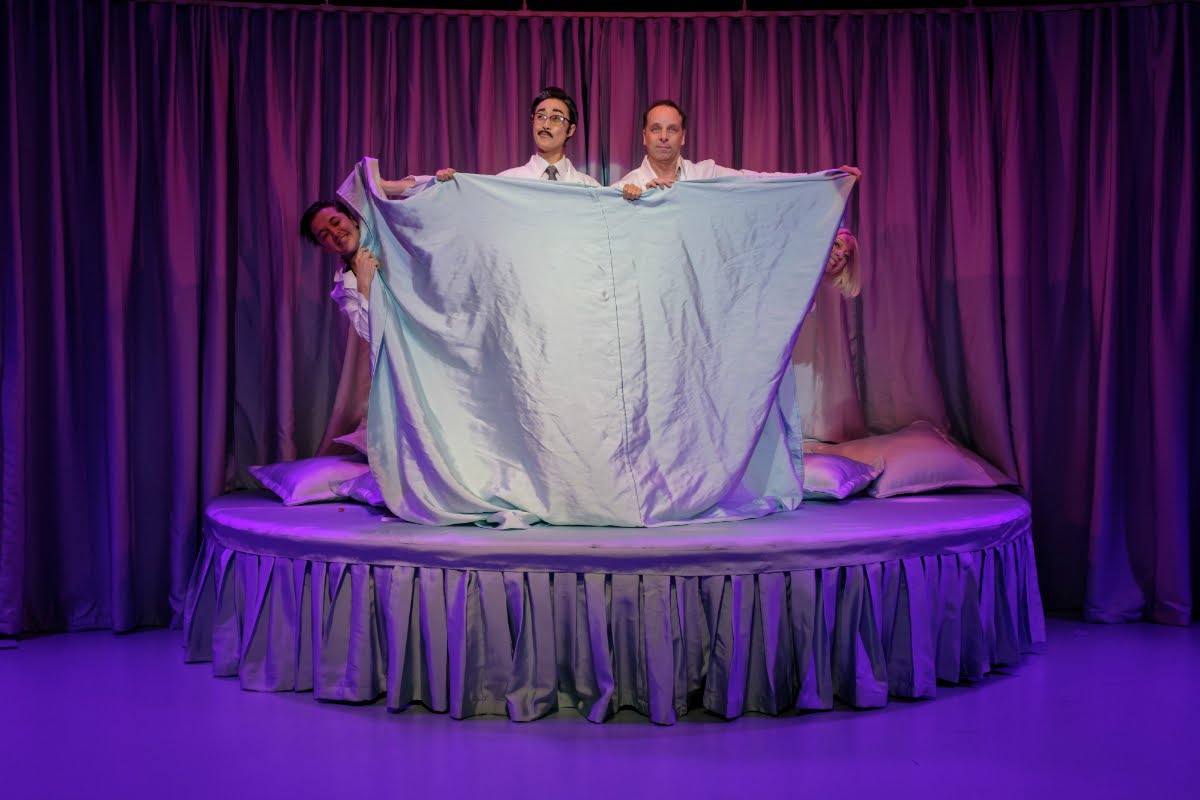


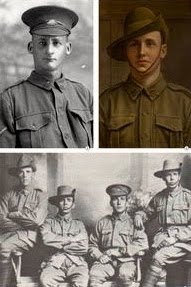
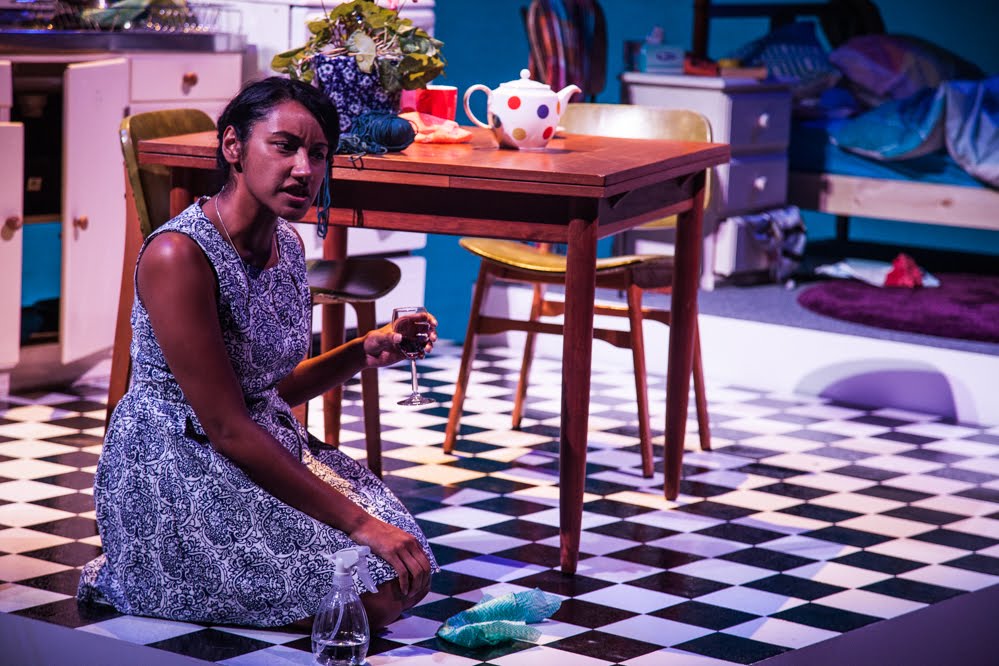
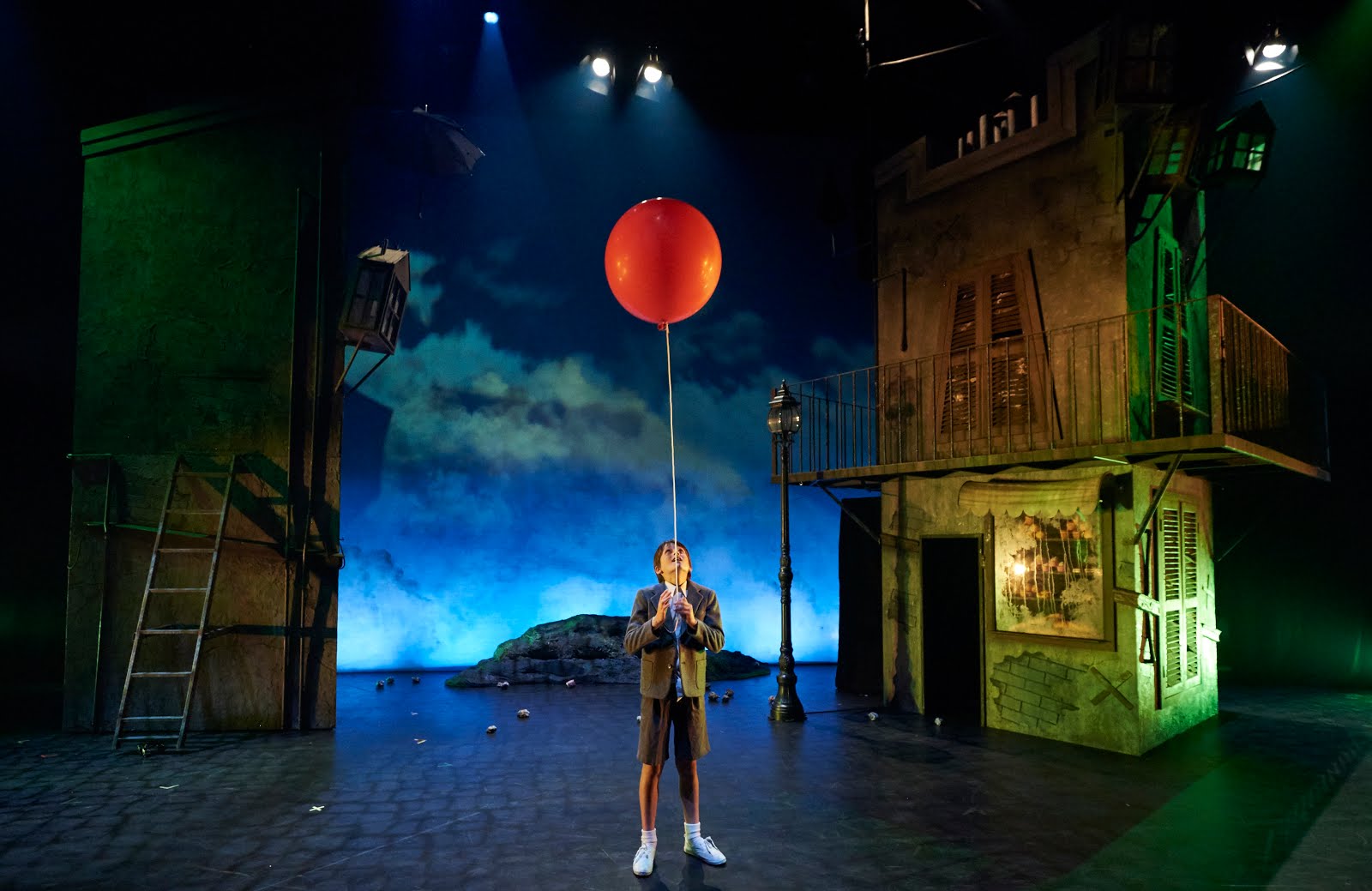
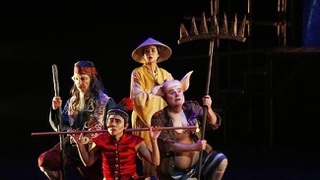
No comments:
Post a Comment